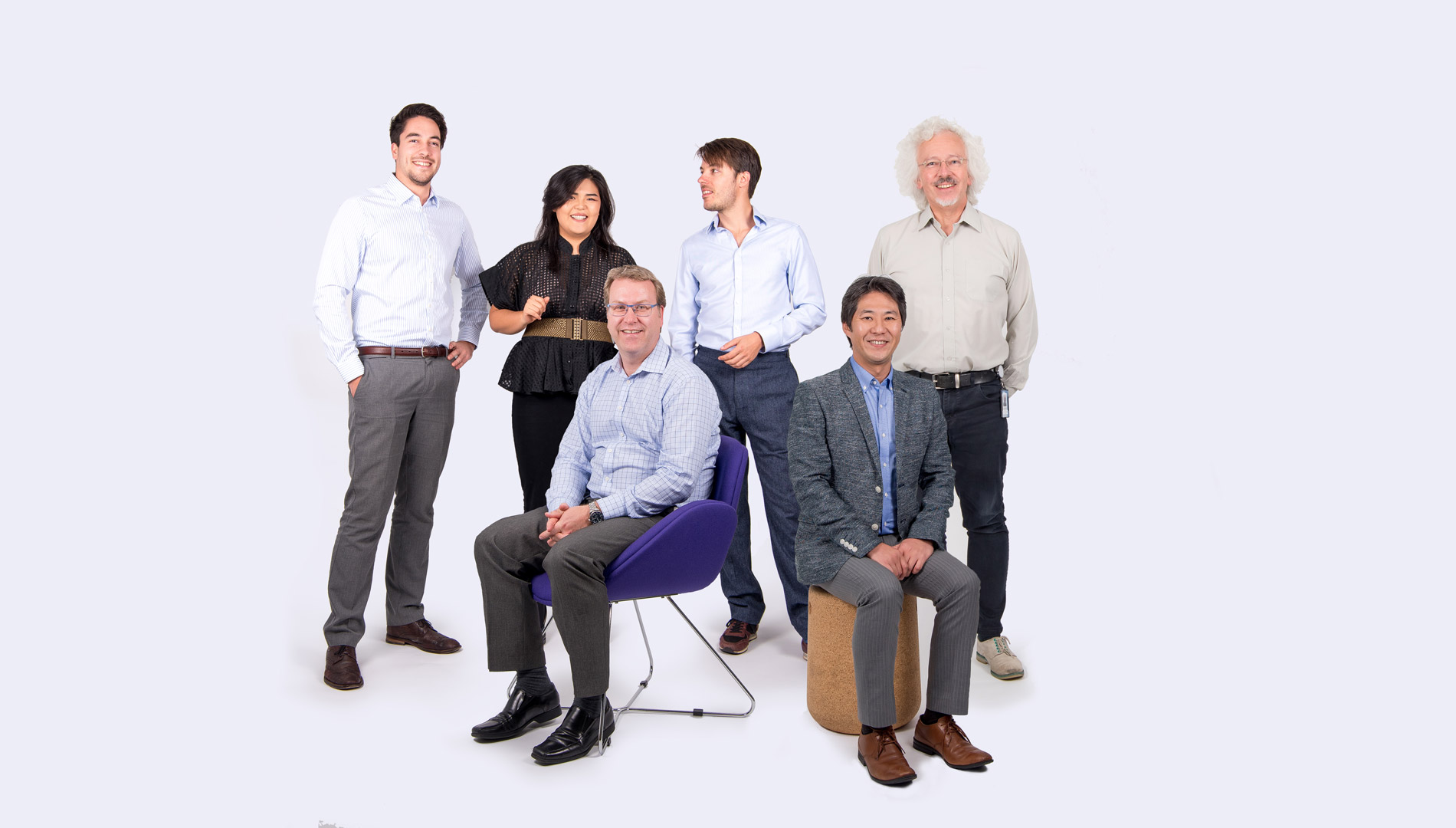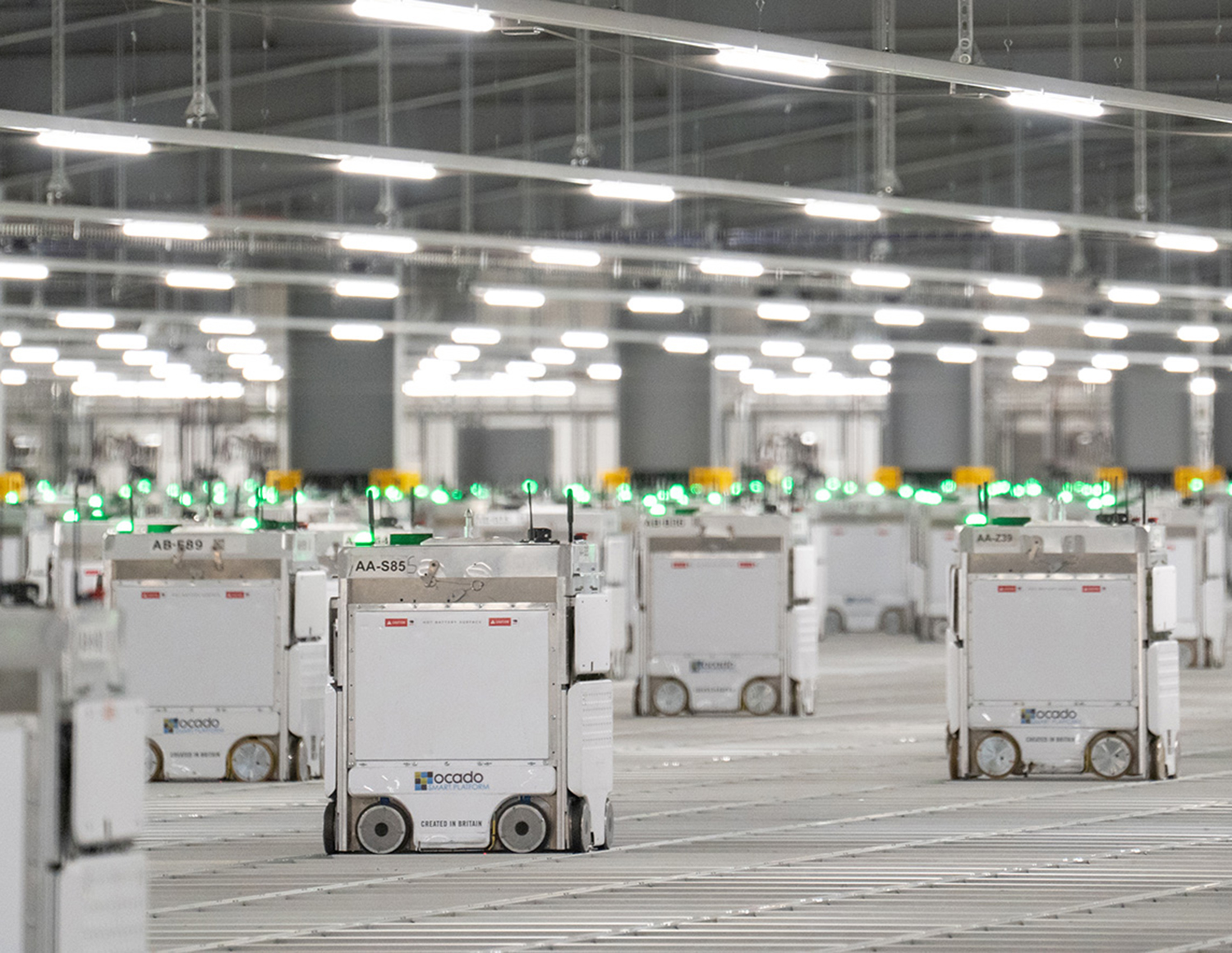Client story
Hitachi came to us to help transform its innovation capability and shift its R&D activities towards market-driven, breakthrough innovation, drawing on our long and successful track record.
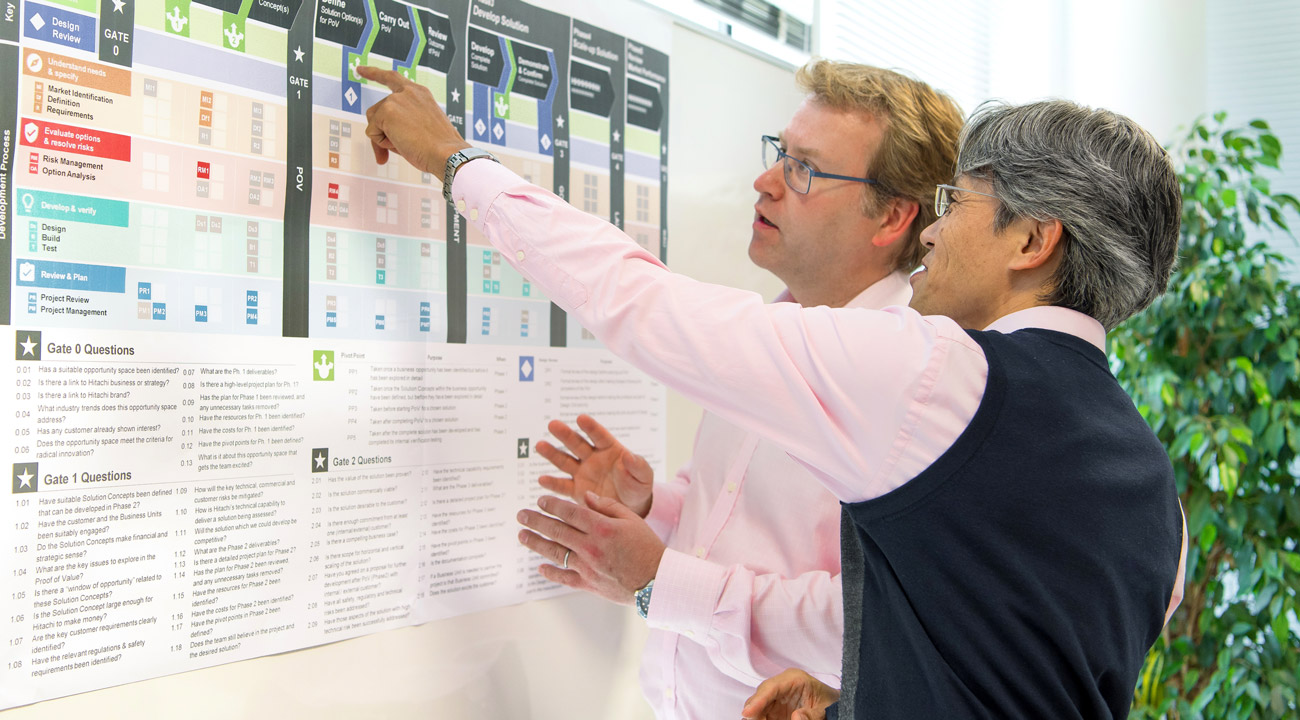
A new innovation culture
This project has transformed Hitachi’s innovation culture, enabling it to become more agile and commercially focused, instilling a genuine sense of self-belief and turning team members into radical innovation champions.
The initial project was carried out at Hitachi’s Global Center for Social Innovation (CSI) – a distributed R&D facility with 500 staff focused on future technologies. Having shown direct and significant benefits, it’s now being rolled out to Hitachi’s other R&D centres worldwide.
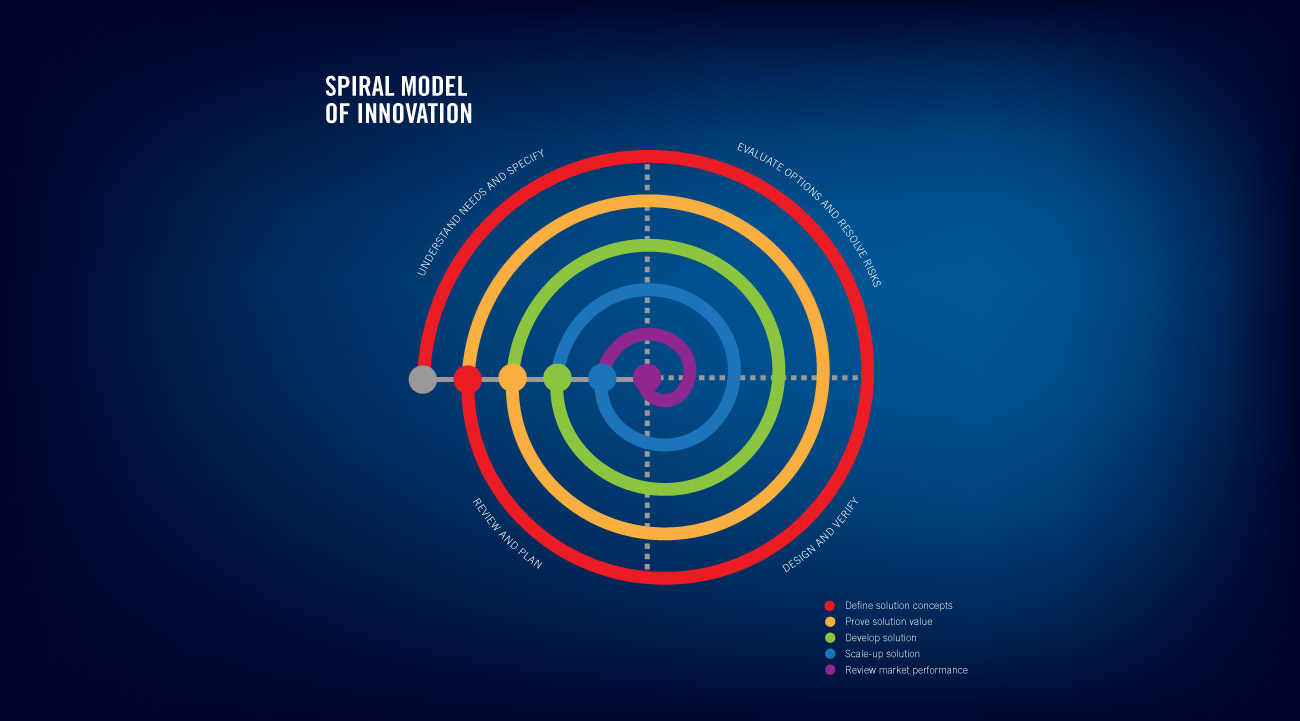
Far-reaching organisational change
Fourteen improvement initiatives were implemented in three waves of change.
These include a new framework for radical innovation and co-creation with a shift to a project-focused mindset, the introduction of a Project Management Office (PMO) and the deployment of portfolio management tools.

Fast, customer-driven innovation
The radical innovation framework – a menu of activities, tools and templates for project managers – has greatly accelerated the pace of innovation within Hitachi, while retaining the company’s long-term commitment to developing technology solutions that benefit society.
Implementing the framework is transforming Hitachi R&D from being technology-focused to externally proactive, customer-led and commercially astute.

Global impact
We worked with Hitachi R&D globally to promote the new approach, providing a common language and terminology across all sites.
We shared how Cambridge Consultants manages international R&D projects and accelerates project timescales by, for example, coordinating activities to effectively create an 18-hour working day.
To date, the framework is operational in three CSI locations, where newly-formed teams focus on co-creation projects with partners and customers.
Our involvement
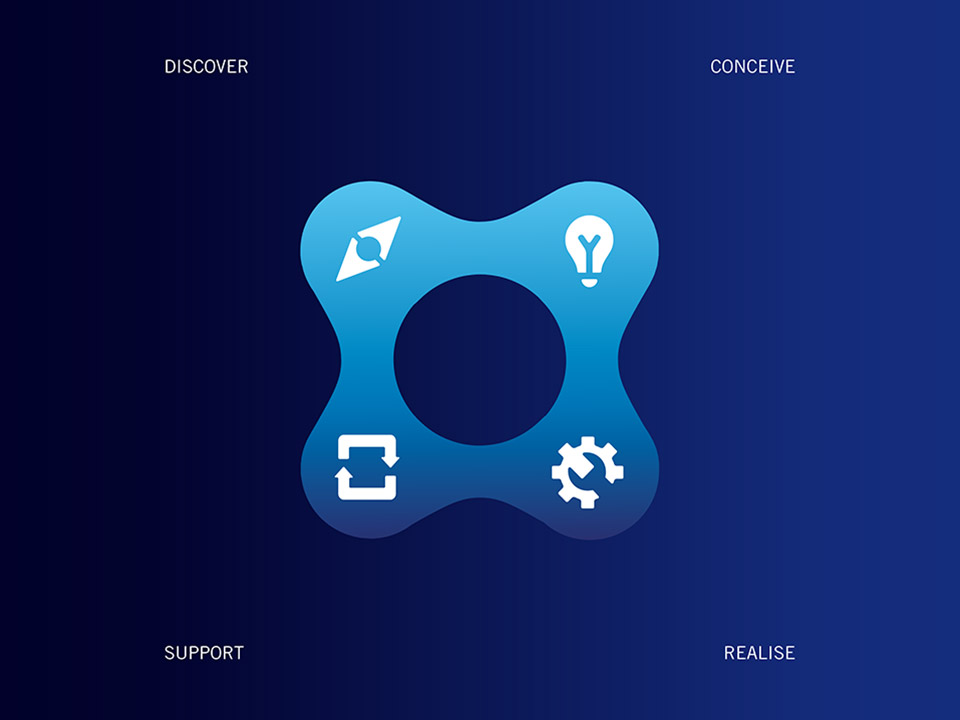
Like Hitachi, we are a collective of engineers and scientists delivering radical innovation. As such, Hitachi identified with us but asked themselves: “Why can they achieve such success while we cannot?”
We conducted an initial diagnosis followed by a re-design of Hitachi’s R&D processes. Initiating cultural change through the new framework involved a variety of techniques, including one-to-one mentoring sessions and hands-on workshops with key project personnel, plus roadshow presentations to more than 350 R&D professionals.
“Cambridge Consultants’ open and collaborative approach has transformed and energised the innovation culture in Hitachi R&D. Our Global Centers for Social Innovation now share a common language and agile innovation framework. This has accelerated our development process and empowered our teams to deliver radical and customer-focused innovation.”
The challenge
Hitachi realised it needed to transition from a ‘product-out’ to a ‘market-in’ approach, working with customers to understand their issues and create solutions that provide new value.
It also realised that R&D efforts needed accelerating to meet market demands.
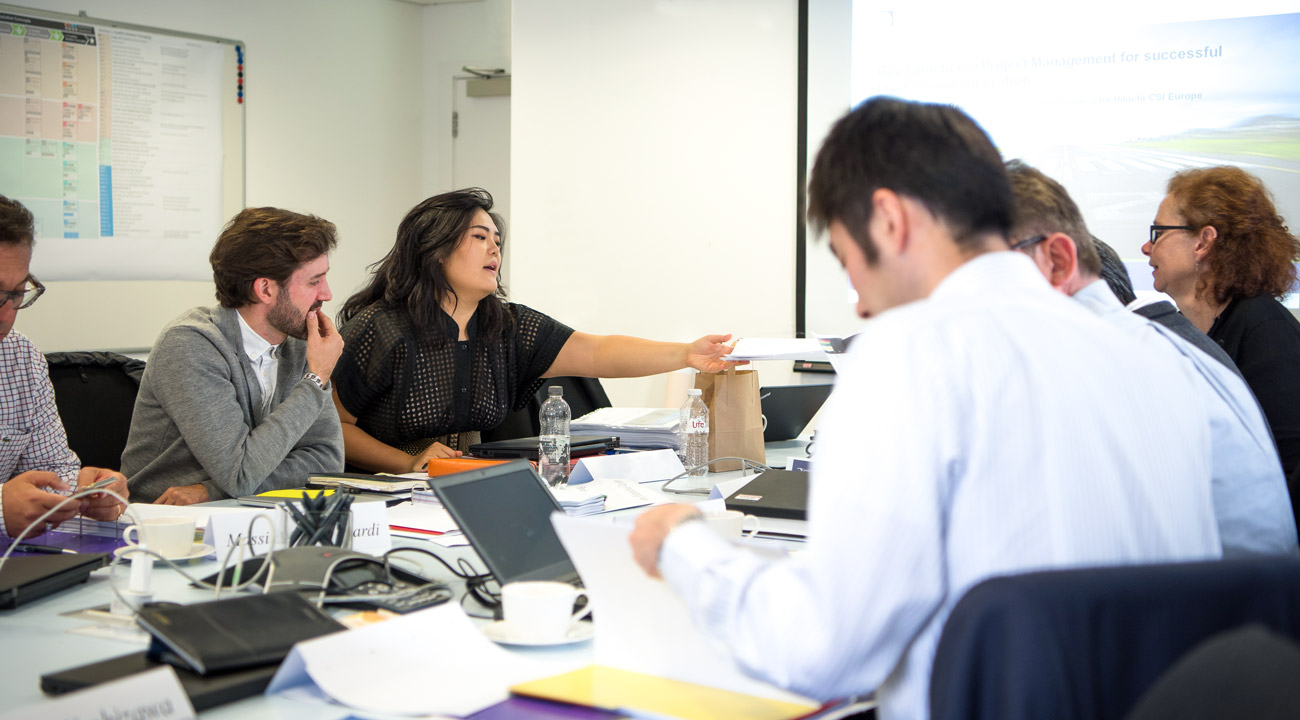
External benchmarking
Hitachi is a multi-billion dollar multinational with more than 100 years of history providing innovative technology solutions. However, even the most successful technology companies struggle to balance radical customer-driven innovation with incremental innovation and ‘technology push’.
We took Hitachi to benchmark seven world-leading technology companies to understand how they drive innovation. Insights gleaned through this collaboration – combined with learnings gleaned from an analysis of our own innovation process – provided valuable benchmarks for change.

Manoeuvring the container ship
With more than 300,000 employees, Hitachi considers itself to be like a container ship – a vast structure whose trajectory cannot be easily changed. So, we set up agile project teams with delegated authority, enabling them to pivot and change direction quickly – like speedboats launching from the mother ship.
Embracing the concept of ‘fail-fast’ and accepting the need to ‘kill or chill’ some projects to release resources for more promising ones was challenging, but was ultimately recognised as beneficial and necessary to drive truly radical innovation.
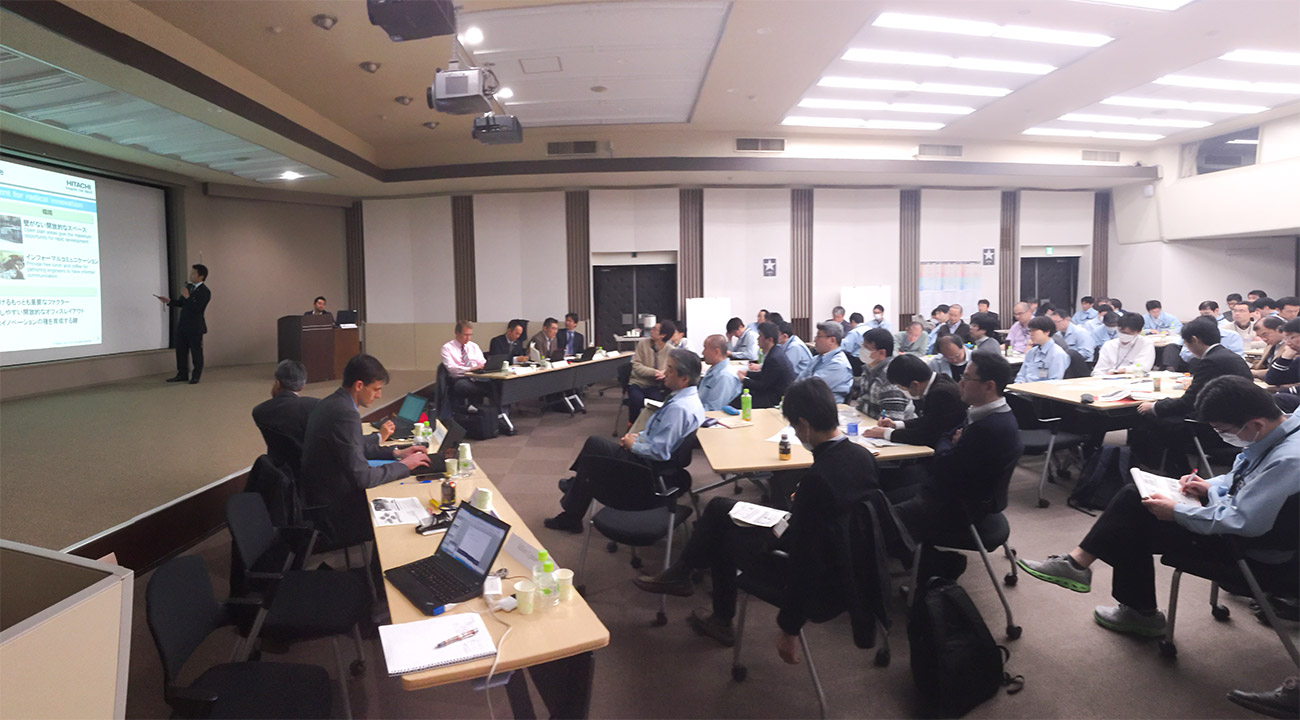
‘Learn by doing’
To accelerate uptake of the new ways of working, our designers, engineers and consultants are collaborating with Hitachi on several ‘learn by doing’ projects.
These are helping to cement the new approach and Hitachi is now running more than 20 projects in different countries using the new ways of working.
The team
